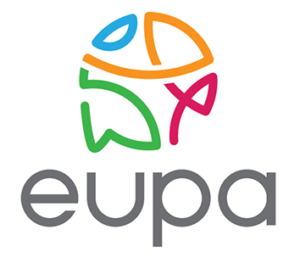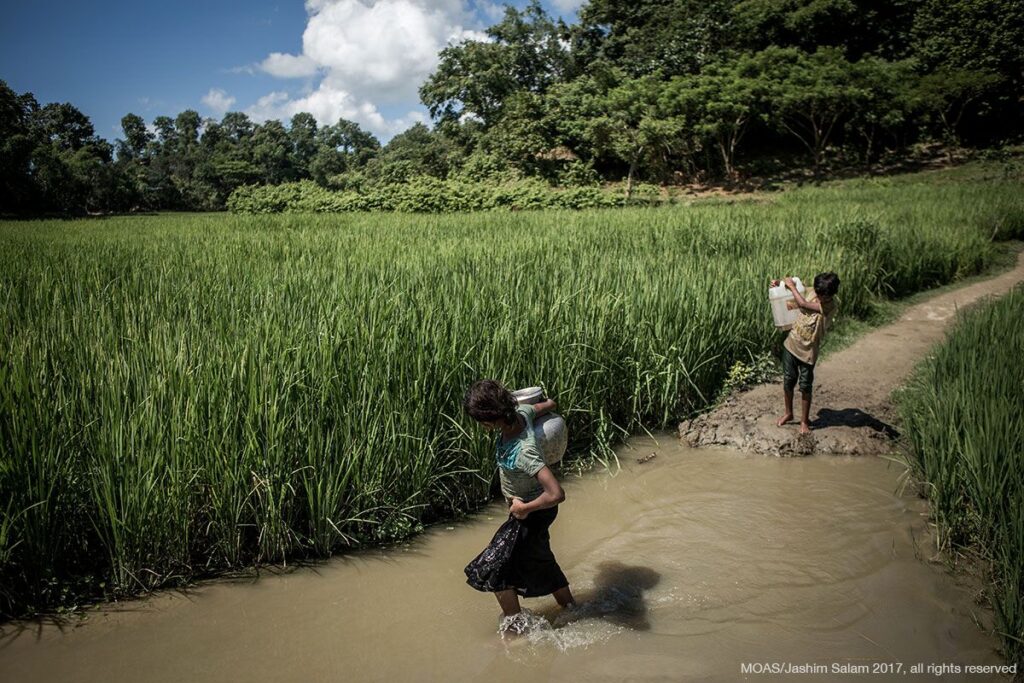March 22nd marks World Water Day, to raise awareness and highlight the importance of fresh water and the need to address the sanitation crisis. Access to clean water is one of the most fundamental human rights, yet many people around the world are still struggling to secure this basic necessity. Due to the increased risk of irreversible changes in precipitation patterns resulting from climate change, populations that traditionally rely on the natural water cycle are becoming more vulnerable. In sub-Saharan Africa, where droughts and water scarcity are common, the lack of water is a significant push factor for migration.
The United Nations estimates that by 2025, half of the world’s population will be living in water-stressed areas. In many countries in sub-Saharan Africa, this reality is already a fact. According to the OECD, over 40% of the population in sub-Saharan Africa does not have access to clean water.
The lack of access to fresh water is not only a health issue but also affects the economic and social well-being of individuals and communities. The impact of climate change on freshwater supply will cause a ripple effect on both human well-being and food production. In countries where agriculture is a significant part of the economy, water scarcity can lead to crop failures and a loss of income. This will be especially significant for communities whose livelihoods are closely tied to local rainfall patterns. Moreover, it can also lead to conflicts over water resources and exacerbate existing social tensions.
One example of how water scarcity is impacting migration is in the East African country of Ethiopia. According to the Internal Displacement Monitoring Centre, in 2019, over 1.4 million people were displaced by water-related events, such as floods and droughts. The displacement is often temporary, with people moving to urban areas or neighbouring countries in search of water and food.
In Somalia, another East African country, water scarcity has been a significant push factor for migration and displacement. The country has been facing a severe drought for several years, leading to famine and malnutrition issues. Over 7.7 million people require humanitarian assistance as over 7 million people are currently affected by the drought, almost 50% of the population. Of these, 1.1 million have left their homes, searching for water, food, and medical aid. Many of the displaced people have migrated to neighbouring countries, such as Kenya and Ethiopia, in search of water and food.
In Nigeria, the most populous country in Africa, the lack of access to clean water has also led to health issues and migration. The Nigerian Water, Sanitation and Hygiene (WASH) sector was declared to be in a state of emergency in 2018, with an estimated 60 million people in Nigeria lacking access to basic drinking water. This lack of access to clean water has led to the spread of waterborne diseases and increased migration to urban areas.
The inadequate WASH (water, sanitation and hygiene) services affect women and girls disproportionately, who often face the responsibility of collecting water over long distances. This can lead to adverse effects on their well-being, education, and increase their vulnerability to gender-based violence. On the other hand, improving access to WASH services can significantly impact education by freeing up children’s time that was previously spent collecting water, reducing the prevalence of illnesses that may keep them out of school, and contributing to a safer and healthier learning environment.
Final thoughts
In conclusion, the lack of access to clean water is a significant push factor for migration in sub-Saharan Africa. Countries in East Africa, such as Ethiopia and Somalia, are particularly vulnerable to water scarcity due to their arid climates and reliance on agriculture. In Nigeria, a lack of access to clean water and sanitation is contributing to the spread of waterborne diseases and increased migration to urban areas. It is essential for governments and the international community to prioritise investments in water infrastructure and support programs that improve access to clean water in order to mitigate the impact of water scarcity on migration and the well-being of communities.
If you are interested in the work of MOAS and our partners, please follow us on social media, sign up to our newsletter and share our content. You can also reach out to us any time via [email protected]. If you want to support our operations, please give what you can at www.moas.eu/donate.


